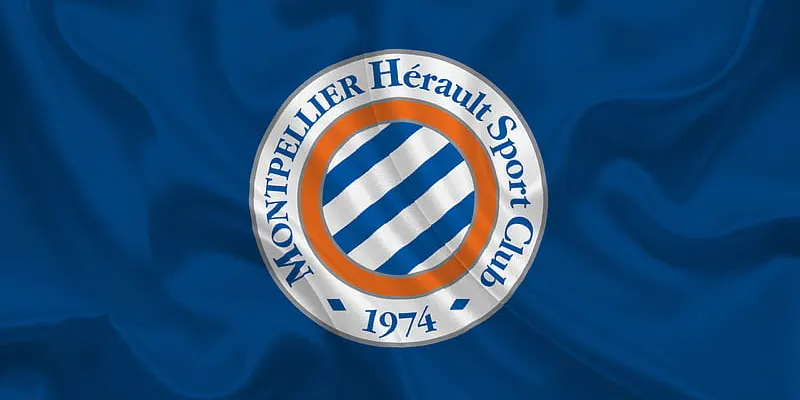Johan Cruyff remains one of the most revered names in the history of football. His influence extends from his exceptional playing career to his visionary approach as a coach and his significant contributions off the pitch. Known for his intelligence, creativity, and tactical awareness, Johan Cruyff changed the dynamics of the beautiful game, leaving a legacy that continues to inspire generations of players, coaches, and fans worldwide.
The Legacy of Johan Cruyff in Football
The legacy of Johan Cruyff is etched in the annals of football history. He didn’t just participate; he revolutionized the sport. Born on April 25, 1947, in Amsterdam, the forward mystified spectators with his extraordinary skills, vision, and tactical insight. His career unfolded primarily at Ajax and FC Barcelona but his influence transcended club boundaries, manifesting in strategies and styles followed by countless teams globally.
Early Beginnings at Ajax
Johan Cruyff’s journey began at Ajax, where he first showcased his remarkable talents. Signed by the club at the tender age of 10, he quickly worked his way through the youth ranks, exhibiting an innate ability to read the game and understand its intricacies.
His debut in the first team at just 17 years old marked the start of an illustrious career. Cruyff’s unique dribbling style, characterized by quick footwork and smart positioning, garnered rave reviews and soon made him a fan favorite.
Cruyff’s time at Ajax was not just fruitful for his career but also transformative for the club. Under coach Rinus Michels, Ajax adopted a tactical style later known as “Total Football,” where players frequently exchanged positions and were encouraged to express themselves on the pitch. This philosophy resonated deeply with Cruyff and became a cornerstone of his future endeavors.
Building a Reputation at Barcelona
Johan Cruyff’s impact burgeoned during his tenure at FC Barcelona, a club he would later shape as a manager. Joining the Catalan side in 1973, Cruyff’s arrival signaled a turning point for Barcelona, which had been struggling to compete with its rivals. His on-pitch performances brought both flair and results, earning him individual acclaim and team success, including the Copa del Rey.
Barcelona became an extension of Cruyff’s football philosophy, as he instilled the values of teamwork, creativity, and tactical discipline. His vision laid the groundwork for the “Barcelona model” that would dominate world football in the years to come.
A Lasting Influence
Cruyff’s influence is not limited to his accomplishments on the field. His insights regarding training, player development, and tactical innovation fundamentally changed how football clubs operate. He fostered a culture geared towards youth development, inspiring systems and methodologies that prioritize individual talent as well as teamwork.
Today, many of the world’s leading football clubs adopt principles pioneered by Cruyff, making him a timeless figure in the sport. His legendary status is guaranteed, as both players and coaches continue to cite him as a source of inspiration, solidifying his legacy long after his passing in 2016.
Key Moments in Johan Cruyff’s Career
To understand the immense legacy of Johan Cruyff, it is crucial to delve into the key moments that defined his career. From unforgettable matches to significant achievements, these highlights encapsulate why Cruyff remains a titan in football history.
The 1974 World Cup
One cannot discuss Johan Cruyff’s career without mentioning the 1974 FIFA World Cup. The tournament was a stage that not only showcased his skill but also introduced the world to “Total Football.”
With the Dutch national team, Cruyff played a pivotal role in leading the Netherlands to the final. His creativity and vision were evident in crucial matches, particularly in the semi-final against Brazil, where he delivered a mesmerizing performance, dribbling through defenders with ease.
In the final match against West Germany, Cruyff scored a stunning first goal and created moments that will be remembered for generations. Although the Netherlands ultimately succumbed to a disappointing defeat, Cruyff’s performance solidified his reputation and showed the world how football could be played with an artistic touch.
Ajax’s European Glory
Throughout his time at Ajax, Johan Cruyff was fundamental in achieving multiple European Cup victories. His three consecutive titles in the early 1970s were a manifestation of his talent and the innovative strategies of Rinus Michels.
One notable match was the final against Inter Milan in 1971, where Ajax triumphed 2-0. Cruyff’s profound understanding of game dynamics enabled him to dictate play, and his performance was instrumental in securing Ajax’s golden era. These European successes not only solidified Ajax’s status as a European powerhouse but also elevated Cruyff to an exalted status in football.
The Move to Barcelona
In 1973, Johan Cruyff’s transfer to FC Barcelona was monumental—both for him and the club itself. Arriving at Barcelona amid a period of instability, Cruyff worked to instill a new ethos that emphasized flair and creativity.
His first season culminated with Barcelona lifting the Copa del Rey trophy. His ability to score critical goals and create opportunities for teammates left an indelible mark on the club. Cruyff’s association with Barcelona was more than just a player; he became a vital part of the club’s DNA, infusing passion and excitement into its history.
The Legacy After Retirement
Even after retiring from an illustrious playing career, Johan Cruyff’s influence continued through his managerial exploits. His time at Barcelona as a coach witnessed the inception of “Dream Team,” which subsequently revolutionized how football was coached and played.
Under his guidance, Barcelona enjoyed unparalleled success, marked by numerous domestic and international trophies, including their first-ever European Cup in 1992. Cruyff’s dedication to developing young players and fostering a team ethos continues to resonate within the club, ensuring his legacy remains alive.










